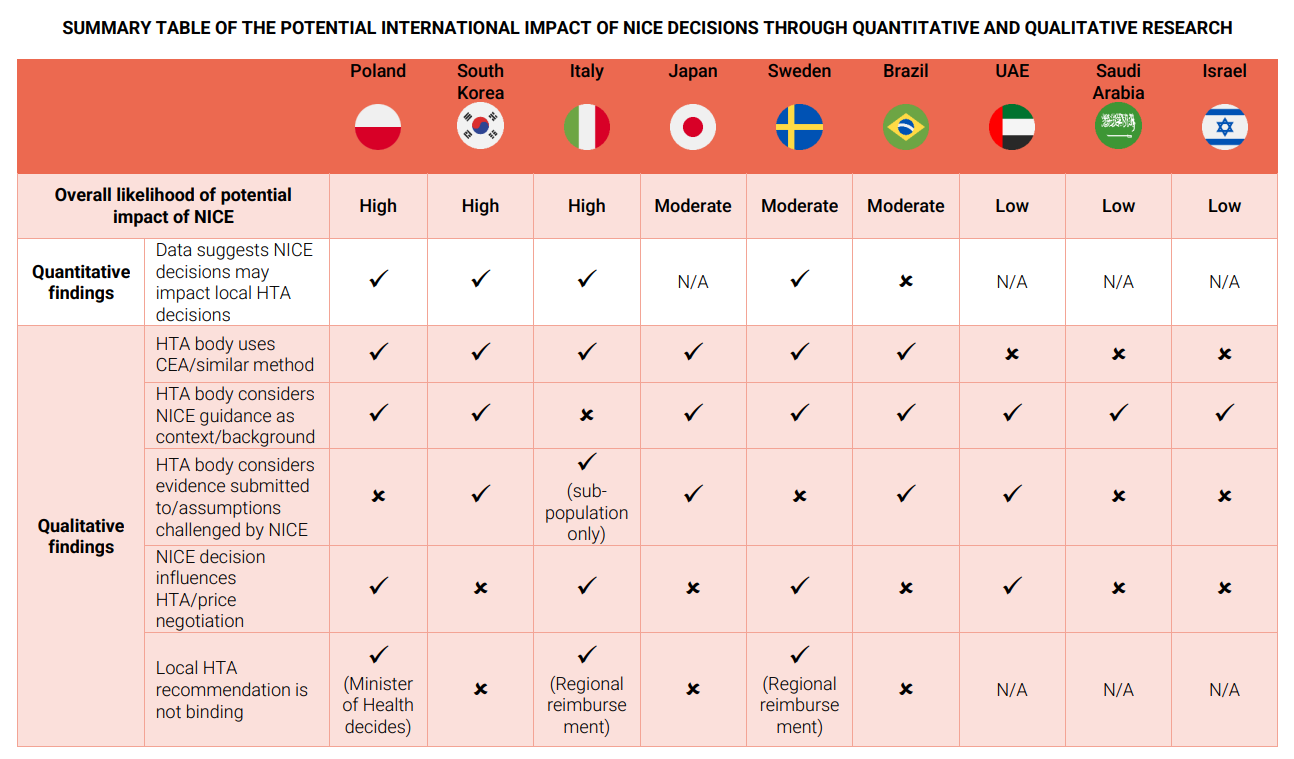From Skepticism to Support: Healthcare Providers’ Acceptance of Digital Interventions in SUD Treatment in Kenya💡
Healthcare providers in Kenya show high acceptance of digital interventions for substance use disorder treatment. Learn more about how technology is shaping healthcare delivery.
#SyenzaNews #HealthcareInnovation #DigitalInterventions #SubstanceUseDisorder #KenyaHealthcare 🏥💻





